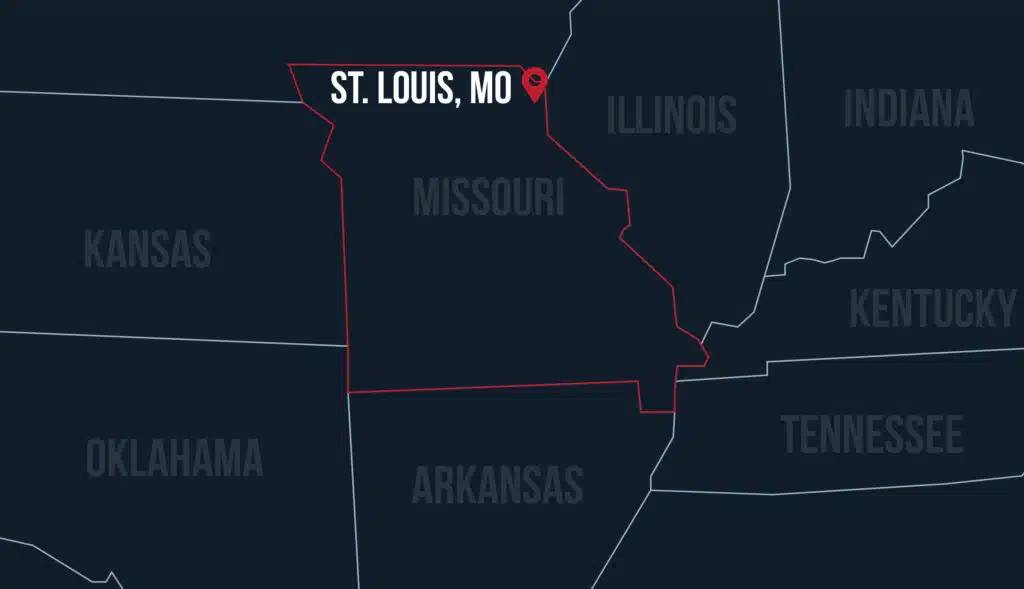Free Consultation | "NST is the Way to Go!"
 Skip to content
Skip to content


At NST Law, we are dedicated to helping injured individuals and their families get the justice and compensation they deserve.


Expertise
Mr. Trotz has handled injury cases involving auto accidents, slip and fall, premises liability, and negligent security. Every day, Mr. Trotz represents those who have been injured and many of his clients have sustained traumatic and life-altering injuries.
Driver fatigue is one of the leading causes of truck crashes in the U.S. Operating commercial trucks without adequate rest is so dangerous because:
NST Law acknowledges commercial vehicle drivers’ duty to adhere to the Federal Motor Carrier Safety Administration (FMCSA) regulations, including:
Despite these regulations, the trucking industry still sees alarming numbers of accidents involving driver fatigue. Annually, over 70,000 accidents occur due to fatigue, and 13% of commercial truck drivers report symptoms of fatigue after a crash.
Reported common causes of driver fatigue leading to large vehicle crashes include:

Every year, hundreds of car accidents, many of which include truckers, occur in St. Louis and surrounding areas. NST Law’s expert analysis of St. Louis accidents revealed the following areas as having the highest numbers of crashes:
These locations represent only a portion of accident-prone areas in St. Louis, Missouri.
Federal laws implemented by FMCSA apply to truck drivers going through St. Louis, Missouri. For instance, a driver may not exceed an eleven-hour shift following a ten-hour break for semi-trucks carrying property. Similarly, a driver must break for thirty minutes after they drive for eight consecutive hours. This required break can take any form, such as napping or doing tasks that don’t involve driving.
Fatigued driving and the damage it causes to persons and property are widespread. Therefore, knowing the tell-tale signs of it can help families and individuals avoid truck accident cases. The National Safety Council’s collection of driving evidence resulted in a determination that the following are signs to look for to recognize driver fatigue:
St. Louis residents and visitors should stay especially alert in the coming months as a shortage of drivers for large commercial vehicles is causing an increase in demand to fill driving jobs. The St. Louis Roadmaster Drivers School is taking in new students for its program at the end of July. Drivers report receiving offers from numerous trucking companies following training. Thus, as newly trained truck drivers meet the work demand, St. Louis people are encouraged to look out for more semi-trucks on the roads.
Following a driver fatigue truck accident, claimants should immediately seek the advice and guidance of a lawyer. Due to a time limitation imposed on personal injury claims referred to as the statute of limitations, victims of driver fatigue truck accidents don’t want to forgo the advice of a personal injury attorney for long, or they risk the court barring them from seeking compensatory relief.
In St. Louis, specifically, claimants must initiate a lawsuit within five years from the truck accident date before they relinquish their right to do so at all.
The truck accident attorneys at NST Law assist each client by developing a solid case to derive fair compensation for their injuries and damages incurred in driver fatigue truck accidents. We can help you gather the needed evidentiary support to negotiate a maximum settlement with aggressive insurance companies.
Our success in achieving satisfactory settlements for our clients involved in truck accidents shows our dedication to our clients and the practice of law, with received payouts often reaching six or seven figures.
Contact us today by visiting our site and requesting a free case evaluation.

